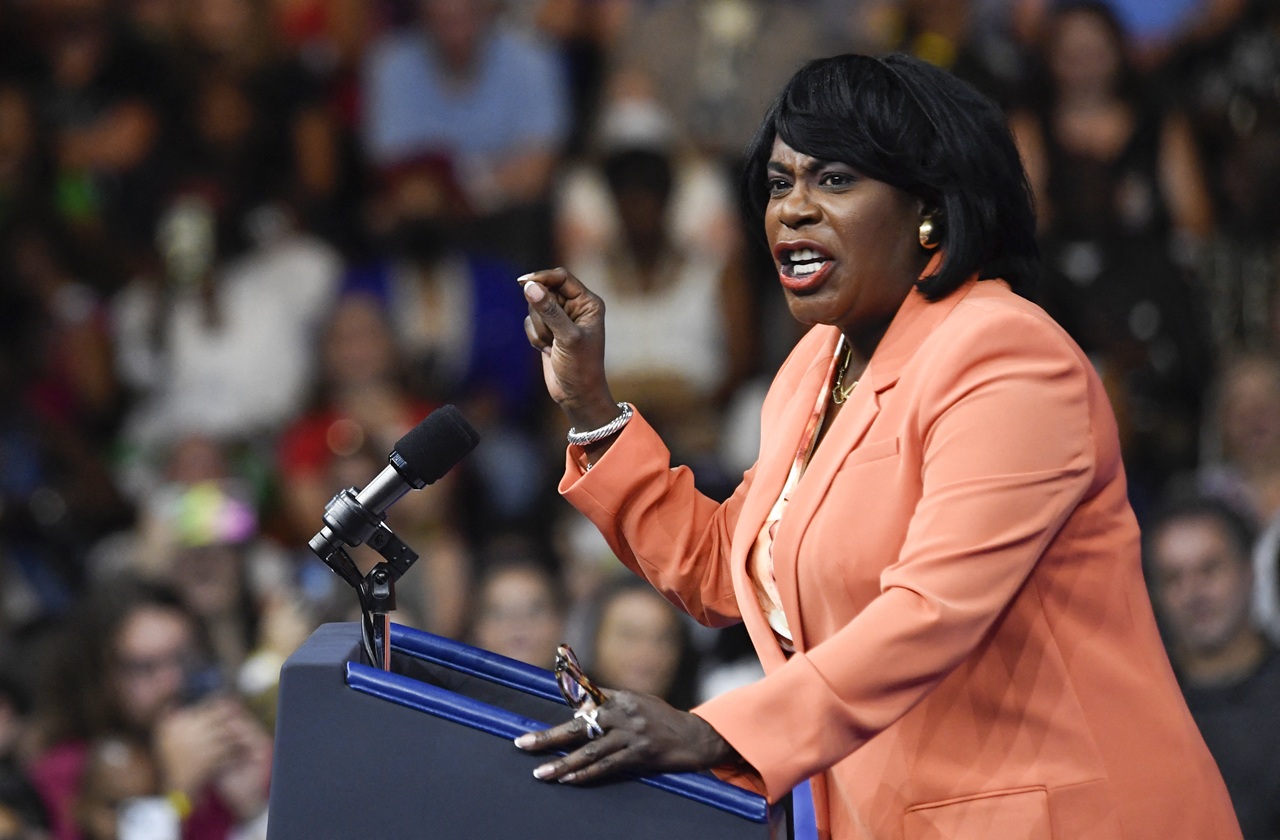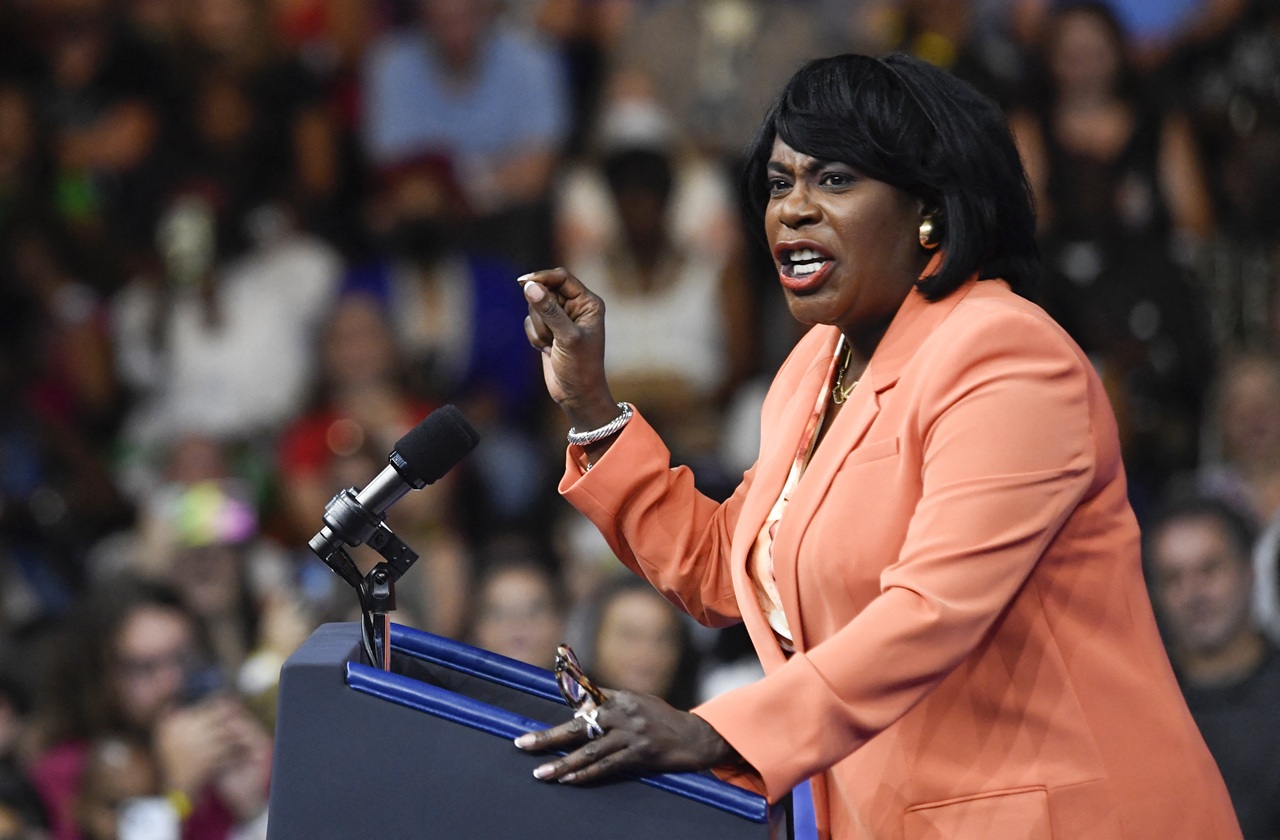Philly lauds efforts to embrace immigrants, and is officially a ‘welcoming city’
As of 2023, the Welcoming City network contained 17 local governments. Today Philly joins that group and is the largest city nationwide to hold the designation.
There was an air of excitement breezing through City Hall on Thursday, Feb. 9, as the Kenney administration announced that Philadelphia met the satisfactory requirements to obtain a ‘Welcoming City’ designation.
The administration celebrates a year-long effort to obtain the certification, which is exclusively possible through investments in education, economic and civic engagement, community fostering, and equitable access.
“Today, we are recognizing and celebrating exactly as a partnership and advocacy from immigrant leaders and immigration services providers,” said Amy Eusebio, Executive Director of the Office of Immigrant Affairs for the city, herself the daughter of Dominican immigrants.
“We also celebrate decades of city leaders, who have really all across all branches and varying levels of government who have really made the decision to listen, learn, and to attach programs and policy make sure they're accessible and responsive to all of our city's residents regardless of where they were born and regardless of what language they speak,” Eusebio added.
Welcoming America, the nonprofit organization that governs the certification process, sets a national standard for cities to follow on the road to becoming immigrant-friendly territories. The standard is also a roadmap for cities to become inclusive through everyday practices that promote civic engagements for immigrant residents and families.
“Philadelphia is truly committed to being a welcoming place for all, including people who have arrived as immigrants and refugees, and who today can proudly call themselves Philadelphians,” said Rachel Perić, Executive Director of Welcoming America, who gave remarks alongside the mayor and Eusebio.
Philly had been working on this goal since the Summer of 2022, when it first launched a formal agenda to achieve the designation.
Before announcing the city would be pursuing this designation, Philly played a major role in receiving Afghan refugees after the U.S. abruptly evacuated troops and citizens from warring Afghanistan after the capital of Kabul fell to the Taliban from U.S. occupation.
It was reported that some 8,500 touched down in Philly since 2021, and the number of immigrant arrivals has only continued to grow.
The city also made strides by receiving a growing Haitian population after a devastating earthquake that rocked the small Caribbean island forced island-born citizens to seek refuge in the U.S.
Most recently, the city observed a wave of Ukrainian refugees who, as a result of Russia’s military assault, were forced to flee their homes in terror. In the Summer of 2022, the city estimated that at least 10,000 Ukrainians would arrive in the region following Russia’s initial invasion earlier that year.
RELATED CONTENT
“We see the economic, social, and cultural benefits that derive from our immigrant population, many of whom are business owners and community leaders,” said Kenney, who touted the city’s many accomplishments over the last two years.
Philly, a sanctuary city, was also a target of Texas Governor Greg Abbot’s Operation Lone Star, designed to divert migrants otherwise seeking asylum at the border to hours-long bus rides into Democratic municipalities as an affront to the Biden administration’s handling of the border region.
Upwards of 15 buses containing hundreds arrived to an organized effort to house, feed, and transport migrants as they reached 30th St station in the early morning hours.
“Within the last several months, actually, these migrant rescue center has become a soft landing for the 500 asylum seekers arriving by bus from Texas,” said Kenney.
Learning of the city’s accomplishment, Free Migration Project — a Philly-based immigration advocacy group — “is happy to learn that Philadelphia is a welcoming city to immigrants,” said Adrianna Torres, chief spokesperson of the group.
“In large part, this is thanks to grassroots groups and organizers who have dedicated their energy to creating welcoming spaces despite the threats that local, state, and federal governments pose to immigrants,” Torres said.
“For example, how healthcare excludes many undocumented immigrants and, for some, puts them at risk of medical deportations. Regardless, organizers from our city have achieved great victories.”











LEAVE A COMMENT: